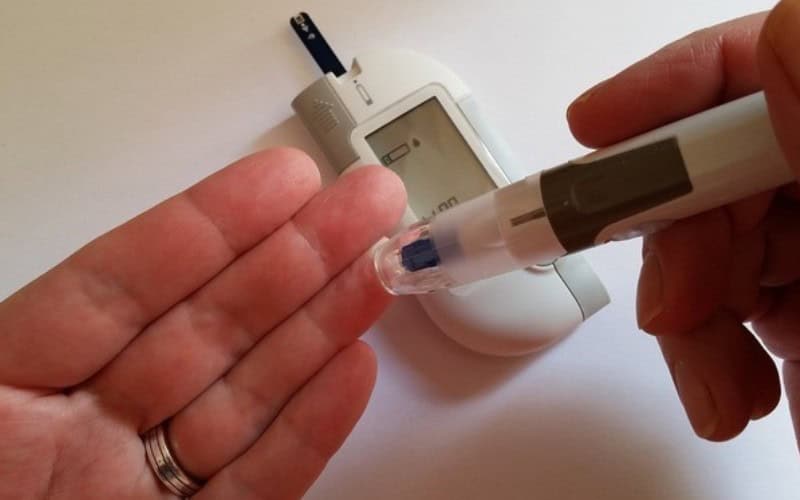New Delhi: The Navratri celebrations are about to conclude and so are the nine-day fast. Fasting is one of the most integral aspects of this festival and is considered sacred. The process helps in flushing out excess toxins from the body. However, for those living with diabetes, unregulated fasting and post-festival binge can prove detrimental.
Many with the condition eat a variety of festive foods after the fasts without understanding the health implications.
There are currently about 72 million diabetes patients in India, a number that is expected to reach about 134 million by 2025. This poses a huge burden physically and financially on people with diabetes and, therefore, all-round care is a must.
People with diabetes can enjoy the celebrations provided they have a healthy diet plan in place.
Speaking about this, Chetna Sharma, Diabetes Educator, said, “It is imperative for people with diabetes to consume food at regular intervals to maintain optimum blood glucose levels. However, during the festivals, they tend to binge on certain things, especially once the fasting period is over. Such an erratic meal pattern coupled with eating unhealthy and calorie-rich food in social gatherings later can wreak havoc on the body.
Apart from episodes of hypoglycemia (low blood sugar level), it can cause postprandial hyperglycemia, ketoacidosis, and various other metabolic complications. In addition to this, not drinking enough water can lead to dehydration, electrolyte imbalance, and hypotension.”
Patient education is one of the cornerstones of diabetes management. People with the condition should thus be educated about how to eat healthy after their fast to ensure that it does not result in any complications. They also must be made aware of the consequences of not keeping their sugar levels under control and the ill effects of fried, carb-rich unhealthy food.
Sharma further said, “Break the fast with food that is light on the digestive system. It is imperative to avoid processed food or items rich in trans fats immediately after the fast as this may adversely affect one’s sugar levels. Some general advice would be to remain hydrated through the day with drinks such as coconut water, lemon water, smoothies or milk. Opt for fibre- rich food and complex carbs that leave you feeling fuller longer. Ensure that you monitor your sugar levels regularly to avoid a situation of hypo or hyperglycemia. Finally, try eating small meals every hour or two. Post-fasting care is extremely important in people with diabetes.”
Some tips one can follow are given below–
-Undertake a post-assessment test after your fast. Understand the do’s and don’ts. Make sure you do not skip medications or insulin dosage. Adjust the same according to requirement and in consultation with your healthcare provider.
-Monitor your diet after the fast. Keep sipping water at regular intervals during the fast.
-Monitor blood sugar regularly.
-Drink fluids such as coconut water, green tea, buttermilk, and lime juice after the fast. Avoid aerated drinks.
-Avoid gorging on the ‘vrat snacks’ as these contain high quantities of salt and sugar. Eat something boiled or roasted instead.
-Use rock salt instead of table salt as it helps in better mineral absorption.
-Opt for lighter meals as these can aid digestion. For dessert, try consuming dates or fruit yogurt. Also, add honey instead of sugar. Eat lots of fresh fruits and vegetables.
[source_without_link]ANI[/source_without_link]

